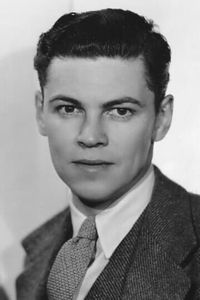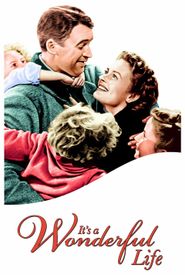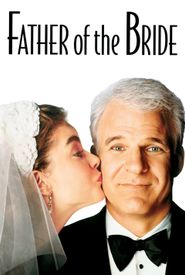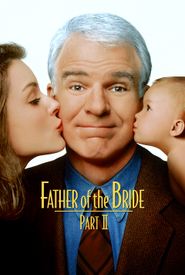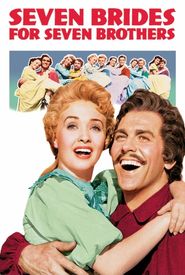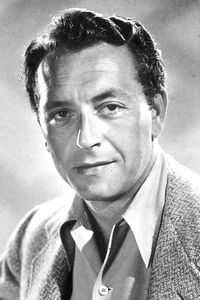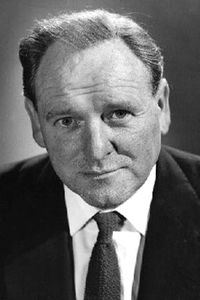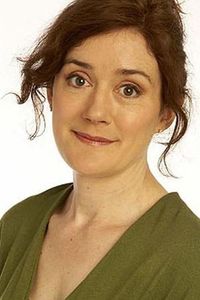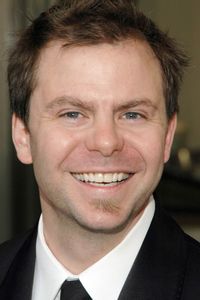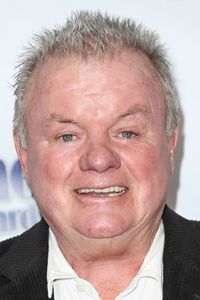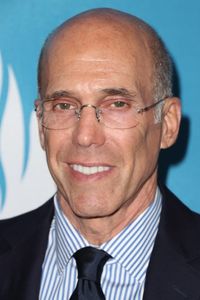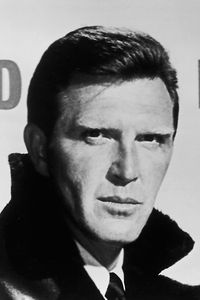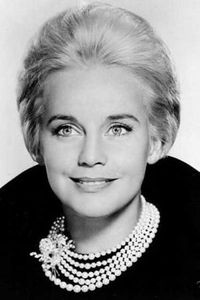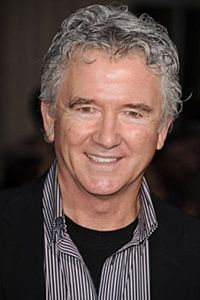Albert Maurice Hackett was an American dramatist and screenwriter, renowned for his collaborative efforts with his wife and partner, Frances Goodrich. Born in New York City on February 16, 1900, Hackett was the son of actress Florence Hackett (née Hart) and Maurice Hackett.
Following his marriage to Goodrich, the couple relocated to Hollywood in the late 1920s, where they penned the screenplay for their stage success, Up Pops the Devil, for Paramount Pictures. In 1933, they signed a contract with MGM, a partnership that would last until 1939.
Among their earliest assignments was the screenplay for The Thin Man (1934),a film that would go on to become one of the major hits of the year. Encouraged by director W. S. Van Dyke, the Hacketts drew inspiration from the writing of Dashiell Hammett, focusing on crafting witty exchanges for the principal characters, Nick and Nora Charles, played by William Powell and Myrna Loy.
The resulting film was groundbreaking in its portrayal of a modern relationship, showcasing a realistic depiction of marriage that was unprecedented at the time. This was largely due to the fact that the film was released before the Hollywood Production Code, which strictly censored movies from mid-1934 until the early 1960s.
The Hacketts received Academy Award nominations for their work on The Thin Man, After the Thin Man (1936),Father of the Bride (1950),and Seven Brides for Seven Brothers (1955). They also won Writers Guild of America awards for Easter Parade (1949),Father's Little Dividend (1951),Seven Brides for Seven Brothers (1954),and The Diary of Anne Frank (1959),as well as nominations for In the Good Old Summertime (1949),Father of the Bride (1950),and The Long, Long Trailer (1954).
In addition to their work in film, the Hacketts also won a Pulitzer Prize for Drama and the New York Drama Critics Circle award for their original play, The Diary of Anne Frank. Some of their other notable films include Another Thin Man (1939) and It's a Wonderful Life (1946).
